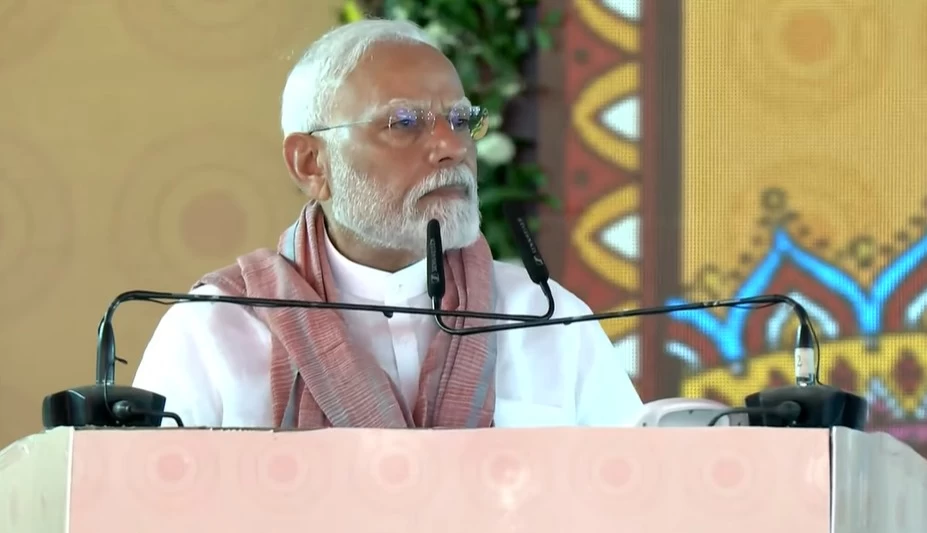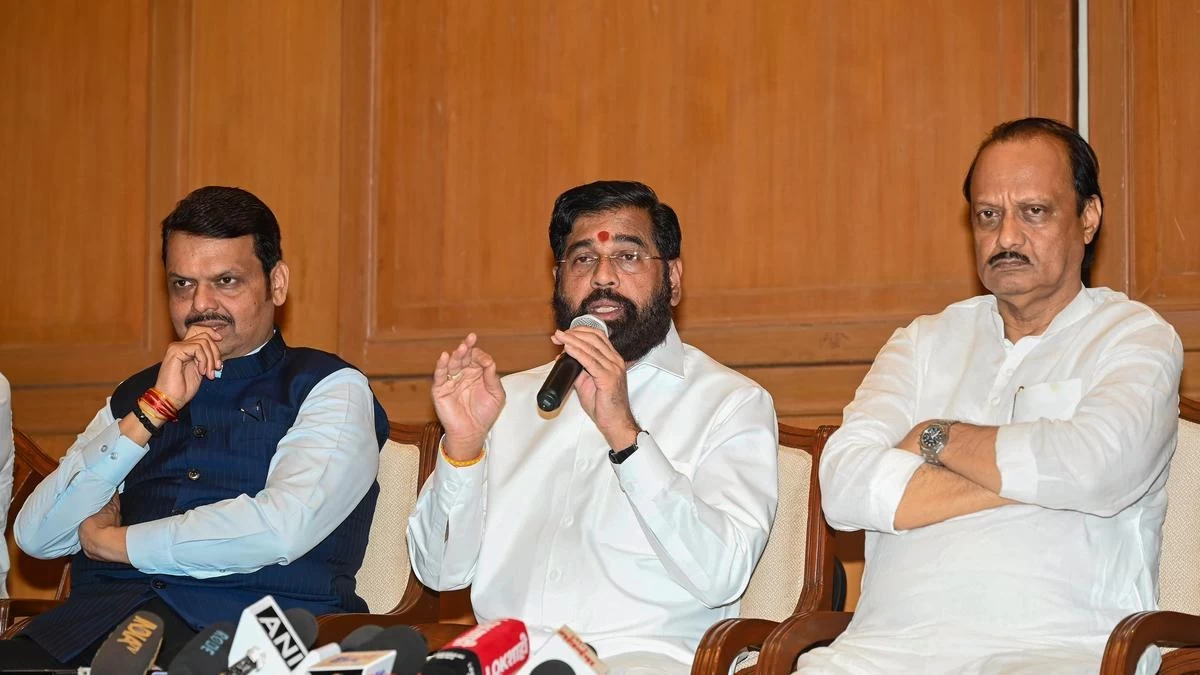Latest Updates
Supreme Court Issues Notice to SBI for Incomplete Disclosure of Electoral Bond Numbers

The Supreme Court on Friday stated that the State Bank of India (SBI) had not fully disclosed the number of bonds as instructed, a day after the Election Commission of India (ECI) made the consolidated electoral bonds' data available on its website. The court issued a notice to SBI, seeking its response by Monday. The bench, led by Chief Justice DY Chandrachud, directed the SBI to provide complete information on electoral bonds as it deemed the information submitted by the bank incomplete.
“Who is appearing for the SBI? They have not disclosed the bond numbers. It has to be disclosed by the State Bank of India...All details have to be published by the State Bank of India,” noted CJI DY Chandrachud.The apex court observed that the electoral bond numbers are crucial for establishing the connection between donors and political parties.
Senior advocate Prashant Bhushan stated after the hearing that the court addressed the issue of incomplete information submitted by SBI to the ECI regarding the specifics of the bonds. The court emphasized that the provided information lacked the alphanumeric numbers of the bonds, resulting in incomplete disclosure of bond purchasers and redeemers. The court has summoned SBI and scheduled the matter for Monday.
The ECI disclosed the electoral bonds data on its website, revealing that Future Gaming and Hotel Services, a lottery company, emerged as the top purchaser of electoral bonds. During the hearing of ECI's appeal, the Supreme Court bench directed that once the electoral bonds data is scanned and digitized, the original documents are to be returned to the Election Commission.
Kapil Sibal urged the court to establish a Special Investigation Team (SIT) to investigate the electoral bonds matter and ensure the accuracy of the data provided by SBI. Sibal emphasized the necessity of a thorough examination. He also called for an investigation into the donations received by PM-CARES, emphasizing the importance of uncovering which party received how much funding.
Introduced by the BJP government in 2018, electoral bonds allowed individuals and businesses to donate to political parties without disclosing the source of the funds. Despite claims of promoting transparency, a five-judge Constitution bench of the Supreme Court on February 15 invalidated the Centre's electoral bonds scheme, calling it "unconstitutional." The Supreme Court had directed the State Bank of India to reveal all details of donors, donation amounts, and recipients by March 13.
SBI last week had sought an extension until June 30 to disclose details of Electoral Bonds, citing practical challenges and the complexity of the decoding process. The Supreme Court had dismissed SBI's request for more time to disclose the details of the Electoral Bonds to the Election Commission. It ordered SBI to provide the information by March 12. The State Bank of India on Wednesday had submitted a compliance affidavit in the electoral bonds case, following its submission of all relevant details to the Election Commission as mandated by the Supreme Court. The electoral bonds data was securely transferred to the Election Commission via a pen drive containing two password-protected PDF files, with the passwords provided separately.
The Election Commission on Thursday released two sets of data. One file includes a chronological record of bond purchases made by companies, while the other file comprises a chronological record of deposits made by political parties upon cashing in the bonds.









